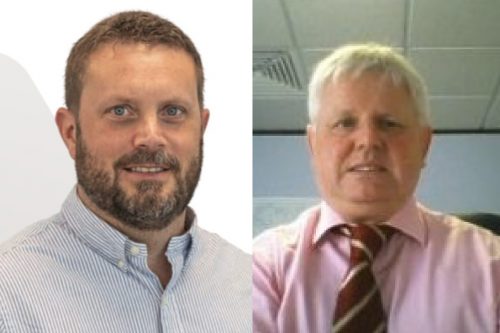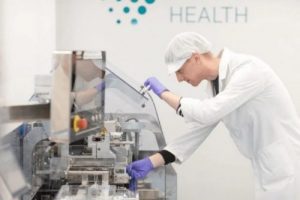Biotech announces second phase of Alzheimer detection partnership

Aptamer Group has announced the second phase of its on-going partnership with Neuro-Bio, an Oxfordshire-based biotechnology company with a therapeutic focus on neurodegenerative disease, to develop Optimer binders for a lateral flow test for the early diagnosis of Alzheimer’s disease.
This latest phase involves development of an additional Optimer binder against the innovative Neuro-Bio target implicated in Alzheimer’s disease, with the goal of developing reagents for a lateral flow test for early disease detection. Following the earlier identification of Optimer binders to this novel Alzheimer’s disease biomarker, these binders have been characterised for use in lateral flow and biosensor assays.
Common lateral flow test formats require a pair of binders to increase diagnostic test accuracy. To prevent the need for animal-derived antibodies in its Alzheimer’s disease diagnostic, Neuro-Bio now requires the development of additional binders to support the lateral flow test format and deliver a wholly Optimer-powered test. As Optimer binders are oligonucleotide-based, rather than protein-based like antibodies, they offer further advantages including scalability of manufacture, improved shelf-life and tuneability benefits that will allow more stable and specific reagents for use in lateral flow tests.
Aptamer Group chair Steve Hull said: “We are very pleased to continue our exciting relationship with Neuro-Bio to deliver the specific Optimer binders needed to enable this revolutionary diagnostic for this devastating disease. It is great to work with such enthusiastic partners that understand our Optimer technology’s benefits and are actively seeking solutions to overcome the industry’s problems with antibodies.”
Baroness Susan Greenfield, chief executive of Neuro-Bio, said: “At Neuro-Bio we’re thrilled at entering this next phase of development with Aptamer Group: the first phase proved productive and very promising. Now, this next stage takes us closer to realising a highly novel and much needed technology for detecting neurodegenerative diseases at a very early stage.”
Earlier this month the York-based biotech announced an expected 70% year-on-year fall in half yearly revenues, citing a loss of customer confidence and a shortage of working capital in the lead-in to its fundraise in summer, after which founder Dr Arron Tolley and chair Steve Hull rejoined the board. The firm said then it had sufficient cash reserves to carry it through to 2025. It also said it had £1.4m of contracts in progress, with negotiations for a pipeline of of £2m in medium-term deals and £8m in longer term deals,








